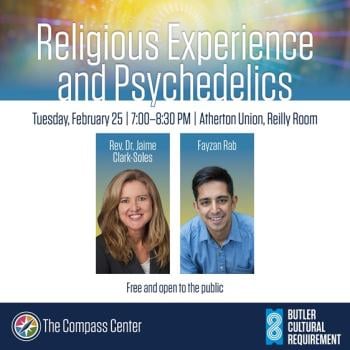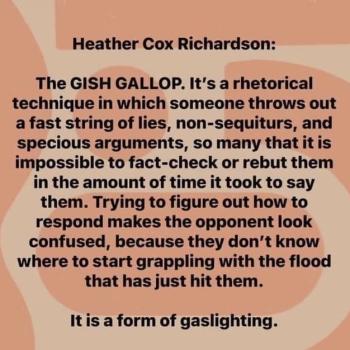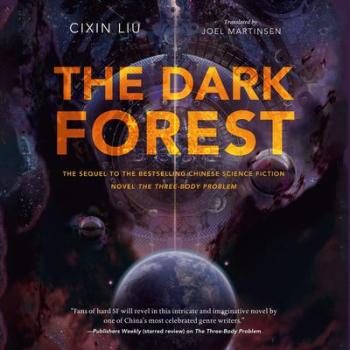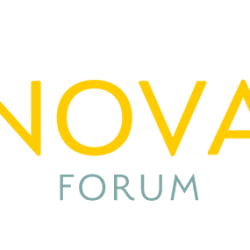I am long overdue to blog about several books that IVP has sent me on the subject of science. Scientific illiteracy is a major problem in the United States in general, but among conservative Evangelicals in particular, and Christians in general, that scientific illiteracy, mixed with equal parts of illiteracy about the Bible, its context, and scholarship about it, forms a mix that frequently expresses itself not merely in unscientific views but anti-scientific ones, views that are incompatible with the scientific evidence and yet are touted as though they were more scientific in character than mainstream science, and the solution to supposed problems in the realm of science in general and biology in particular.
Few have done more to address these matters from the explicit perspective of Christian faith than Francis Collins (formerly director of the Human Genome Project and currently the director of the National Institute of Health) and Karl Giberson (a physicist who has taught at a number of Evangelical institutions of higher education, was formerly Vice-President and President of BioLogos, and currently directs the science and religion writing program at Gordon College).
The two books I am blogging about have a lot in common. They are The Language of Science and Faith: Straight Answers to Genuine Questions, jointly authored by Giberson and Collins, and The Wonder of the Universe: Hints of God in Our Fine-Tuned World
, authored by Giberson alone. Both address contemporary science from a Christian perspective, and relate its conclusions to the questions that Christians are liable to have. The similarity is not surprising, as the second book was proposed by IVP as a sequel to the first.
The Language of Science and Faith approaches these matters through a series of questions – not only do chapters have questions for titles, such as “Do I Have to Believe in Evolution?” and “Can We Really Know the Earth is Billions of Years Old?” but the subsections of the chapters are often questions too, asking things like “What About Adam and Eve?” The Wonder of the Universe is focused on physics and cosmology, and offers the kind of design argument that is actually viable in relation to modern science, and yet is often ignored in popular Christianity in favor of things like “Intelligent Design” which make dubious claims about biology. The fact that we live in a cosmos that is not only suitable for life, but has produced life, may not prove God, but it is certainly compatible with belief in God, and viewed from the perspective of faith, can be seen as a “hint” of God. In the process of exploring this topic, Giberson addresses counter-arguments to the appearance of design and “fine-tuning,” including the problem of evil.
What I would love to see is for Evangelicals to respond to these publications by putting themselves at the forefront of the campaign for science literacy in our society, even as Collins and Giberson have done. Instead of choosing to fight against well-established science, Evangelicals can and should choose to view the fascinating and awe-inspiring aspects of living organisms and of the wider universe not as attacks on Christianity but as information which, if nature is viewed as the handiwork of the Creator, can and must be integrated into our worldview. While this route can seem more challenging, it is worthwhile. The excitement that love of science can generate in those who encounter it has interesting parallels to the ways that Christian faith, lived out in a life of passion and service, impacts those around us. Giberson and Collins speak with contagious enthusiasm about the wonder of the universe, using the language of both science and faith. It is my hope that more and more Christians will read these books, and will find themselves informed in much-needed ways about science, and at the same time inspired to live lives of faith in a way that does not feel any need to dispute the scientific discoveries that ought to fill us with awe and wonder rather than fear.














